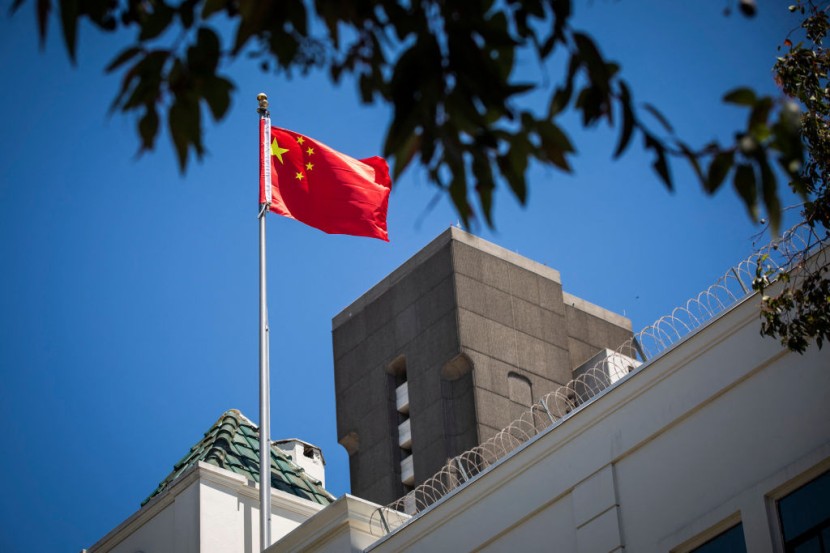
Tensions between the United States and China continue to be on the rise after American authorities on Tuesday backed Taiwan's assertion that the strait separating the island nation from China is an "international waterway."
The remarks come as a further rebuff to Beijing's claim to exercise sovereignty over the strategic passage. Since the defeated Republic of China government fled to Taiwan in 1949, the Taiwan Strait has been a frequent source of military tension. At the time, they lost a civil war with the communists and then established the People's Republic of China.
U.S.-China Relations
But in recent years, American warships, and sometimes those from allied nations such as Britain and Canada, have sailed through the strait, drawing Beijing's ire. China's Foreign Ministry on Monday said that the country has "sovereignty, sovereign rights, and jurisdiction over the Taiwan strait."
Chinese authorities called it a "false claim when certain countries call the Taiwan Strait 'international waters.'" On Tuesday, U.S. State Department spokesman Ned Price commented on the issue in an email, saying that the Taiwan Strait is an area where high seas freedoms, including freedom of navigation and overflight, are guaranteed under international law, as per Yahoo News.
The official added that the world had "an abiding interest in peace and stability in the Taiwan Strait, and we consider this central to the security and prosperity of the broader Indo-Pacific region." Price reiterated U.S. concerns about China's aggressive rhetoric and coercive activity regarding Taiwan.
Read Also: US Security Report: Chinese Hackers Breach Major Telecom Companies, Exploit MS Office Weakness
Price added that the United States "would continue to fly, sail, and operate wherever international law allows, and that includes transiting through the Taiwan Strait." Taiwan Foreign Ministry spokeswoman Joanne Ou on Tuesday called China's position a "fallacy."
According to Newsweek, the situation comes as China accuses the United States of fueling militarization in the Asian region. The deep mistrust between the two nations comes despite Washington's attempts to reassure Beijing about the American military's renewed investment in the Pacific and growing ties with Taiwan.
Heightened Tensions
The tension also comes after a downturn in bilateral relations with China during the presidency of Donald Trump. Now, President Joe Biden's administration finds itself in an intense, full-spectrum rivalry that includes everything from political governance and trade to technological decoupling and military hard power.
Beijing last month showed a willingness to meet what U.S. Secretary of State Antony Blinken termed "competition" between the two nations. However, during a four-and-a-half-hour meeting in Luxembourg on Monday, senior Communist Party official Yang Jiechi told U.S. National Security Adviser Jake Sullivan that China opposed such a definition.
Yang, who heads the office of the CCP's Central Foreign Affairs Commission and is China's top diplomat, said that relations between China and the U.S. were "at a critical crossroads." He noted that instead of competing, the two countries should toward realizing Chinese President Xi Jinping's vision of "mutual respect, peaceful coexistence, and win-win cooperation."
The situation also comes after Chinese Defense Minister Gen. Wei Fenghe on Sunday strongly rejected the U.S.'s claims regarding Beijing's actions on the international stage. He said that American authorities were pushing for confrontation and were trying to encircle China, USNI News reported.
Related Article:









